Practical Pointers for Working with a Reluctant Writer (or any writer!)
How do you help a child who throws his hands up and declares he can’t write, refuses to write, only writes “I suck at writing” or prose of that sort? Well, it has been a long hard journey for my son (10), but things have started to turn around this year and I wanted to share how we’ve made it over that hump… most of the time.
*Have a space where writing happens. I go into a lot of detail about the space we created for writing (and I just ordered a new book display shelf to add into that area). I have found that just by gathering in the same corner day after day has made a difference in the atmosphere around writing. The only thing we do in this area is writing workshop (and writing related things like spelling/grammar). I don’t know if you have the space to do this, but I think this has made a big difference for my reluctant writer. (My other two are happy to write anytime, anywhere.)
*Write every day. I think one of the reasons writing has gone so well for us this year is that we write every day, M-F (or as close to that as we can). It is (mentally) written in stone. I know we won’t improve as writers unless we have the time to put pencil to paper!
*The Writing Workshop is Already a Success! From the very moment we started our writing workshop I acted as if the workshop was already a success. My attitude was positive and excited… and I was ready to go with my writing notebook as well! Create a sense that we are on this writing journey together.
*Create rituals and routines for the writing workshop. This will be different for every home or classroom, but for us it looks something like this:
- Changing the date stamp and passing it around (I do this as all the kids gather together.)
- Start the writing workshop together. I’ve been very careful not to ever say, “you need to go write for 10 minutes…” This is something we do as a group (the 4 of us, that is!)
- Read something together. When we first started with the writing workshop last fall, I selected good (fairly short) books. I would read it aloud and we would talk about some aspect. Perhaps we would carefully examine how the author started the book or his use of descriptive words. Perhaps it was a book about family memories. We might talk about our own memories. Perhaps the book was set up in a certain style (repeating a line or rhyming or perhaps it was an ABC book). I talked a bit more about mini-lessons in another post (and have a whole slew of posts “in my head” and in my writing journal yet to write!)
- Use a timer — At first this was key for my reluctant writer. We set it for 10 minutes and even if he just sat there thinking, that was okay. He knew he could do anything for just 10 minutes. Now as the months have gone by, we’ve added more writing time.
- Share: After we all finish writing (sometimes someone writes for considerably longer than the timer), we gather together again and I ask if anyone wants to share. Often they do. Sometimes they want me to read their work aloud. Sometimes they don’t share. Whatever they choose is fine.
- Re-read your own work. I encourage the kids to go back and read their own work. It gives them a sense of growth. I’ve often heard LD and DD rush back to their journals to show ED something. “I wrote this when I was little,” they’ll say. They can be proud of their work. They might begin to see their mistakes and correct them. At this point we haven’t “published” much work… But the goal is to eventually pick some pieces to polish up and publish in some way. To be honest this isn’t a big goal this semester.
*Be a model. I think it was very, very important for my son to see me writing too. While most of the time, we just set off to write and the kids come up with their own ideas, sometimes I suggest they write in a certain style, think of a great memory, focus on the opening of their story or whatever. At those times I always do that exercise to share with the kids. Sometimes I free write and share with them. And sometimes I write blog posts or jot down ideas that come to mind. Occasionally I have used that time to write a letter to family/friends. I share that process with the kids too.
*Write together. Okay, so this is practically the same point as the one above, but I wanted to point out that having kids of varied abilities writing together has really helped my reluctant writer. When we all gather together and start writing at the same time each one acts as a role model in his/her own way. My oldest might share a sophisticated plot line. My daughter might have a terrific opening in her writing piece. My youngest has taught my other two that you are a writer from the moment you pick up a pencil! My youngest has demonstrated perseverance or has modeled “chapter” writing and writing a story over a number of days.
*Support one another. I’ve found that this has happened naturally over the months and now happens throughout the writing workshop. Sometimes the kids will say to one another, “Come listen to this story.” And laugh as they share old stories they have writtenDD started a series of “story starters” that she said anyone could use! LD was the first to point out that ED was now consistently leaving a space between her words. We’ve laughed together and commiserated when the writing didn’t go well that day.
*Try to cut any negative comments short: Be sympathetic but firm. Negative comments are not welcome in the writing workshop. I handle this differently on different days. Sometimes I just quietly say, “Shh… I’m trying to write.” Sometimes I say, “It’s so challenging to be a writer! I bet you have way too many thoughts racing through your head.” Sometimes I say, “No negative comments, please.” Sometimes I just put up my hand or give the “eye” and return to my writing. It really depends, but the key has been to make it clear that the expectation of our writing workshop is to be respectful to others.
*When they are stuck: Often times I just acknowledge how hard it is to be a writer and leave it at that. I might say “I know it can be tough to decide what to write, but I know you’re trying hard.” I can’t tell you how many times I have said, “Writers go through that all the time…” or something of that nature. I acknowledge that writing is a process. Sometimes we’re in the writing zone and sometimes we’re not.
Sometimes I have them leaf through their notebook to look at the other pieces they’ve written to see if anything comes to mind. (At any rate, that shows them that they have written successfully in the past.)
Sometimes I hand them the list “Now What? Feeling Stuck Today” page of ideas.
Occasionally, I pull out our thick notebook of writing prompts. These are cute story starters and other things I’ve printed out. To be honest, the more we write the less practical these are, but there still are those days when they find it useful… and it’ll bring something to mind or help them think of their own story.
Sometimes I hand them the list of writing genres and say, maybe today you’d like to write an animal fact card or write a letter… or here are other types of writing. Does anything come to mind?
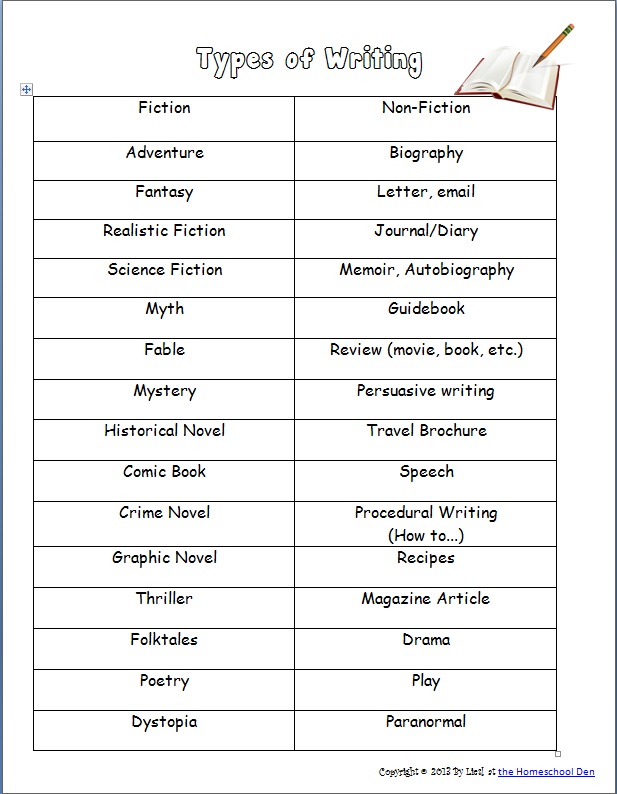
I often say, “Do your best because I am busy writing too and it’s hard to keep my train of thought if you interrupt me.” Still, that question come up again and again. Sometimes I help. Sometimes I insist they sound it down. Often I say, “I’m not your human dictionary and you’re interrupting my writing time. Please just do your best on your own.” Then I purposefully pick up my pencil, bury my head in my writing notebook and start scribbling fast and furious just to make my point. I can say that this issue has gotten better over time, but this is still a work in progress!
*Persevere. Pick yourself up, dust yourself off and try hard day after day! I jotted this down in my journal the other day and think this sums up my hopes and goals for my reluctant writer:
There are thousands even millions who are better, stronger, bigger, faster, stronger and more talented, but they never picked themselves up, got their feet off the ground to try to meet their goal.
That’s about it for this post. If you made it to the end of this long post, thank you! I hope I shared some tips that you find useful! ~Liesl
Other Posts in this Series (We have moved to homeschoolden.com):
Creating a Homeschool Writing Workshop – Post #1 — How/Why we needed a change in our writing program
Creating a Homeschool Writing Workshop – Post #2: Creating a Writing Workshop Area and Materials to Have on Hand
Creating a Writing Workshop Post #3: This post is about Mini-Lessons during writing time, mentor texts and includes reviews of 8 or 9 writing books that you might find helpful.
Writing Resource Pack: This is a post about the 30-page pack I made for our writing workshop. Reference pages on the 6 +1 Writing Traits, Mini-Lessons, the types of writing, creating a powerful beginning, techniques for ending a story/paper, and so forth. (These writing resources are free to download.)
Writing Workshop: Dr. Seuss Style: The kids and I had fun writing in the style of Dr. Seuss!
Biography Research Paper Resource Pack (Free)
Wonderful Free Writing Resource for Young Writers
How Do I Help the Kids Start Writing? 5 Lesson Ideas:
- What makes a good book or story?
- Make your story come alive with details and description.
- Creating Interesting Characters
- Story Openings: Set the mood or feeling of your story
- Gathering story ideas from your own life: Exploring Memories
Animal Portfolio Project: writing, art and geography activities that go with any animals… with many activities to choose from. Writing activities include both fiction and non-fiction suggestions such as
-
- Write a speech or a letter to the president on why your animal needs protection in the wild.
- Menu: Create a humorous menu at a restaurant where your animals would like to eat.
You might be interested in this Writing Workshop and Writing Resource BUNDLE:
Be sure to check out our Writing Workshop Page. It includes a video I made on how we tackled writing in our homeschool.

See you again soon here or over at our Homeschool Den Facebook Page! You might also want to check out some of our resources pages above (such as our Science, Language Arts, or History Units Resource Pages) which have links to dozens of posts. Don’t forget to check out Our Store as well.

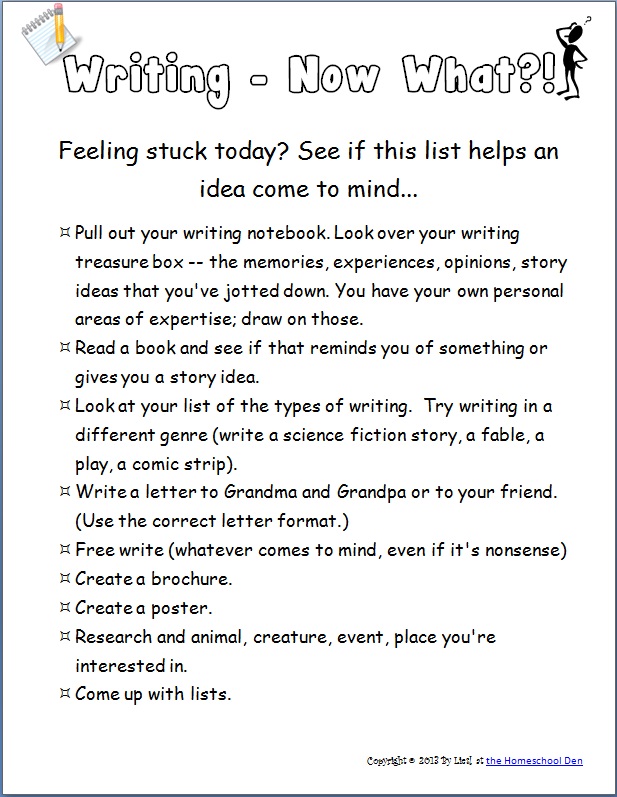



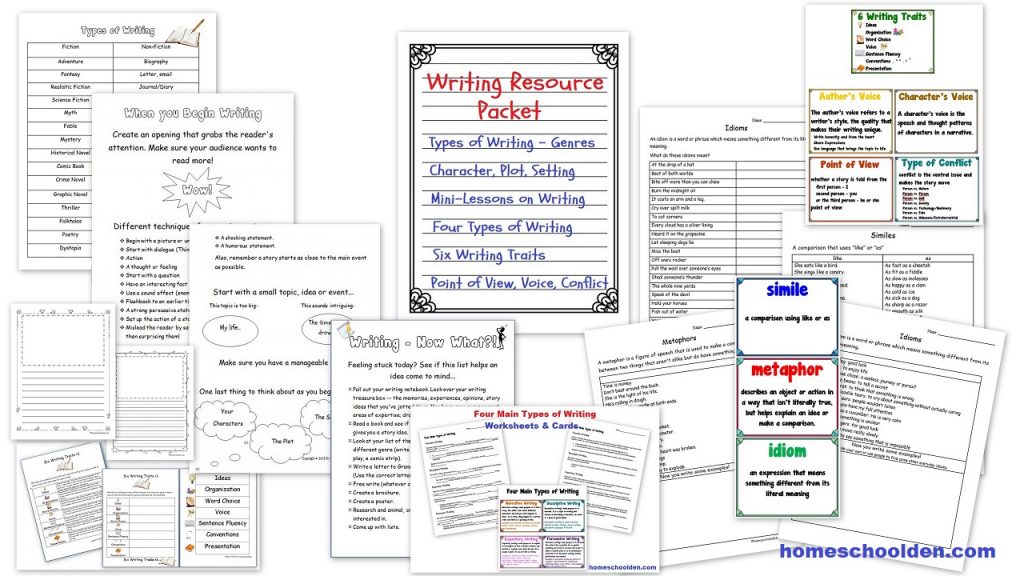
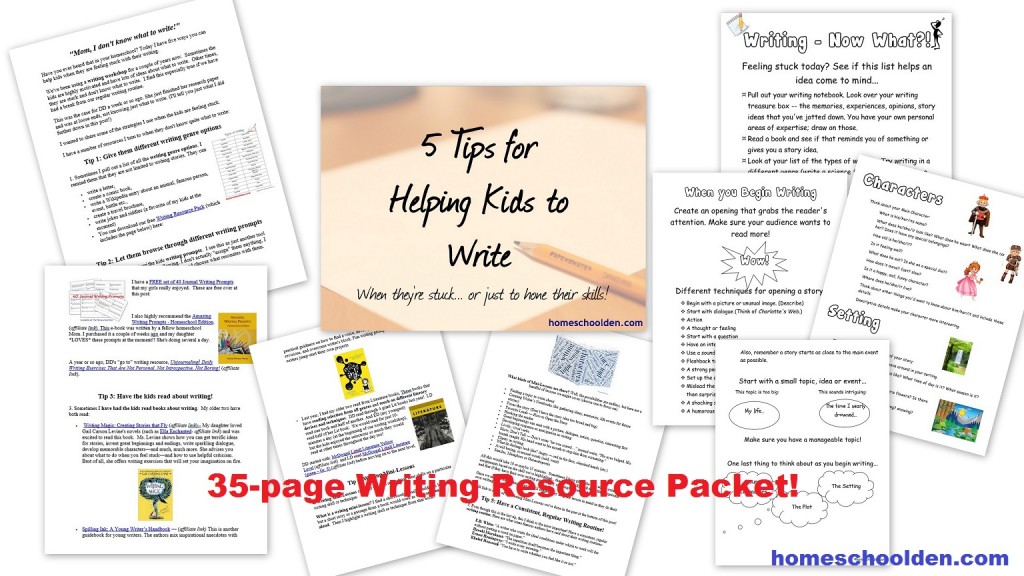
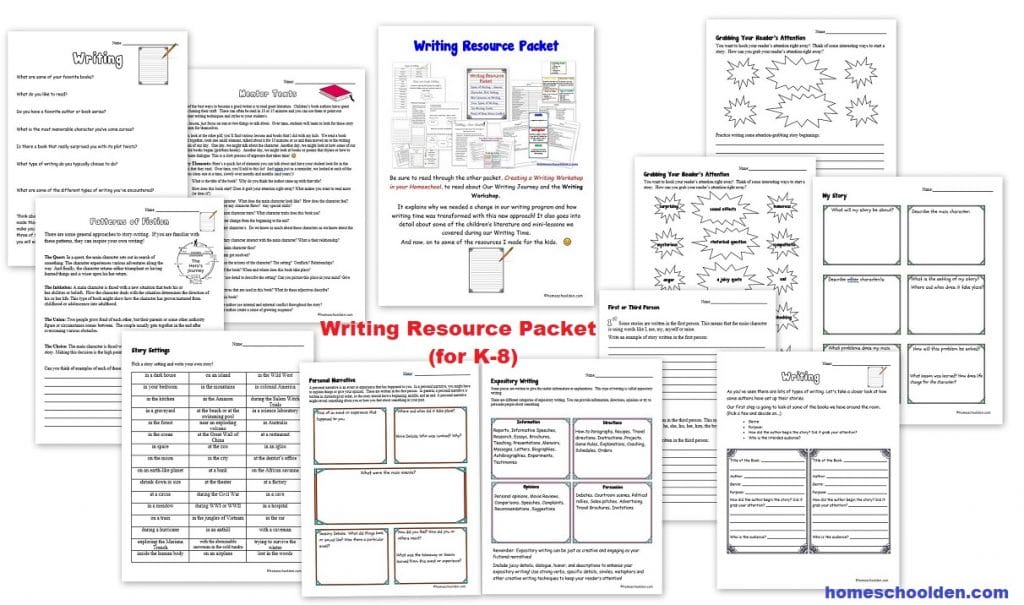







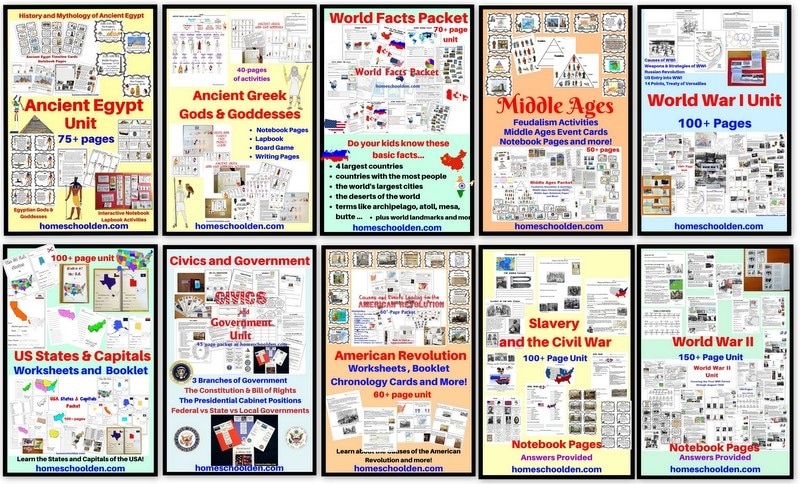
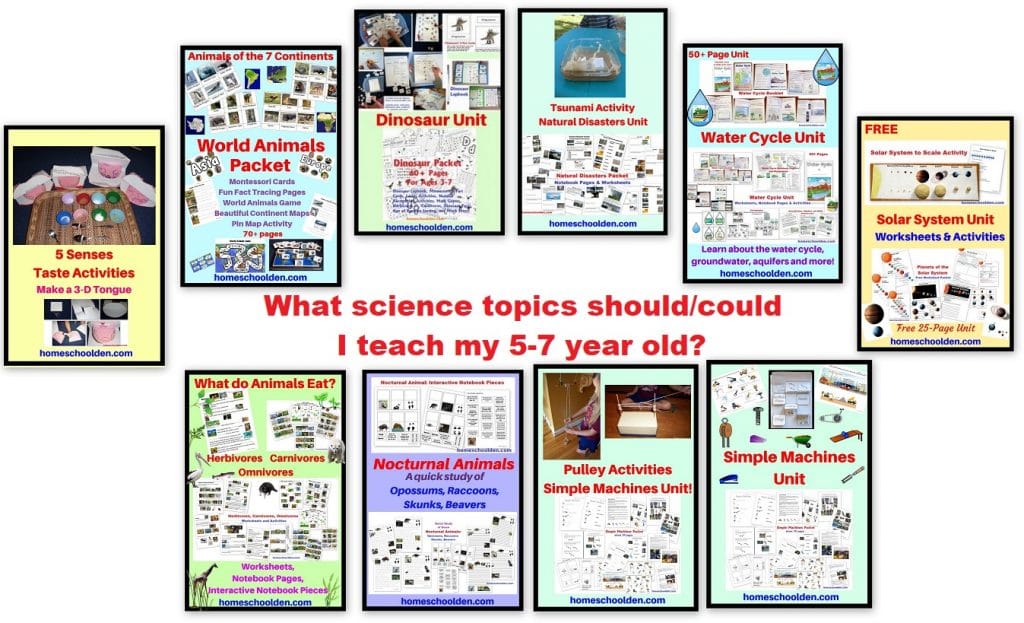





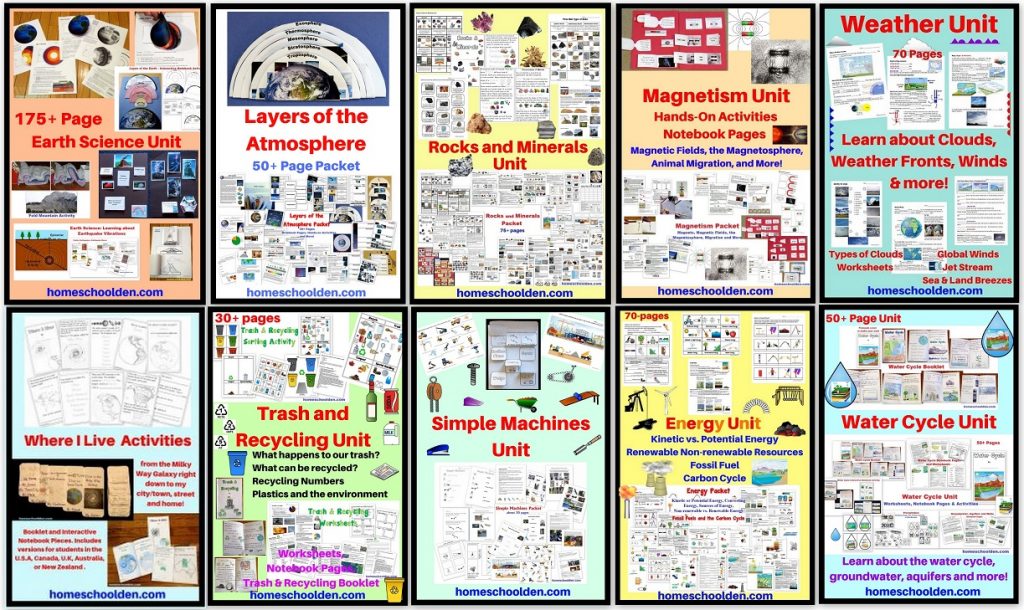


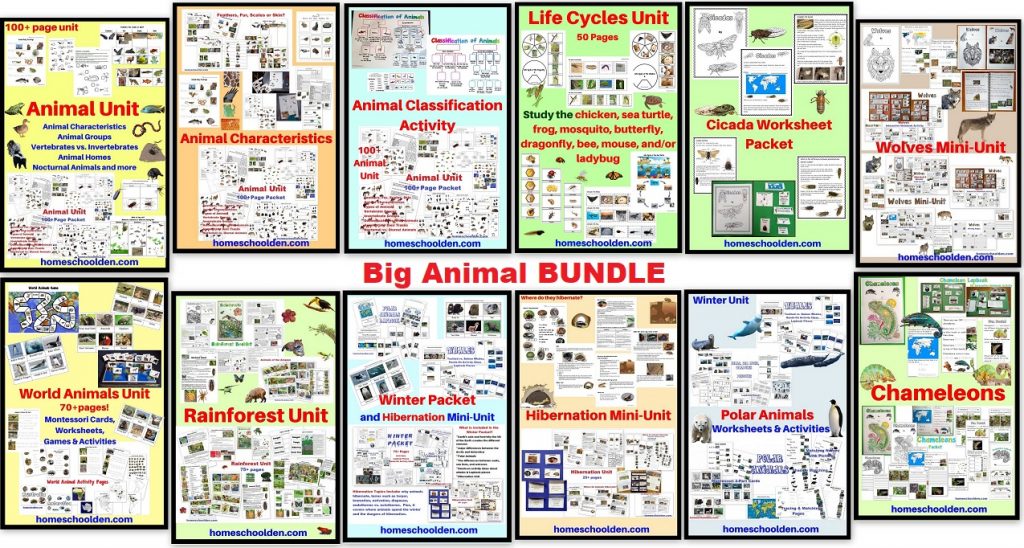




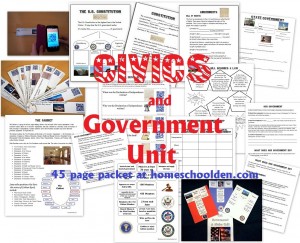








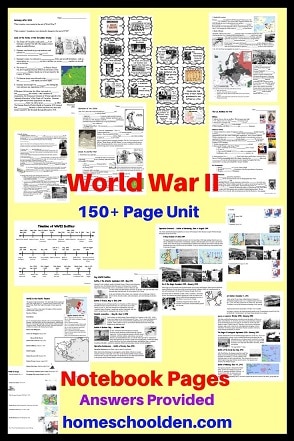
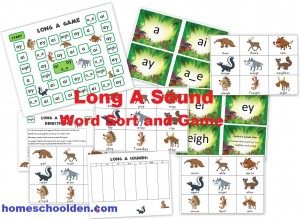



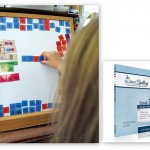

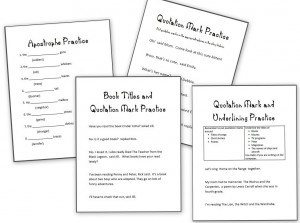

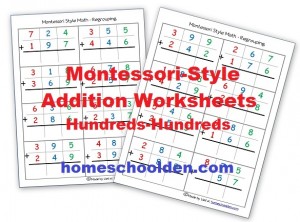
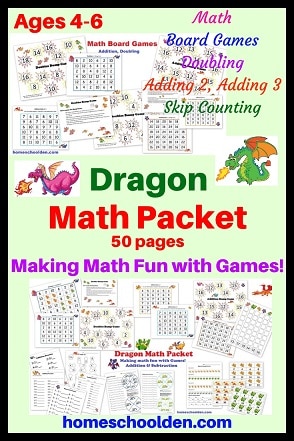
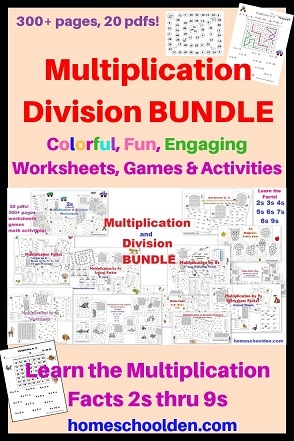




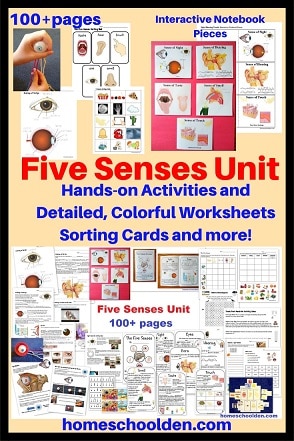

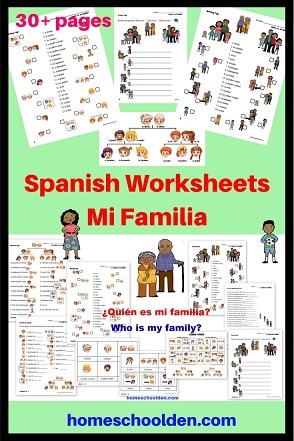

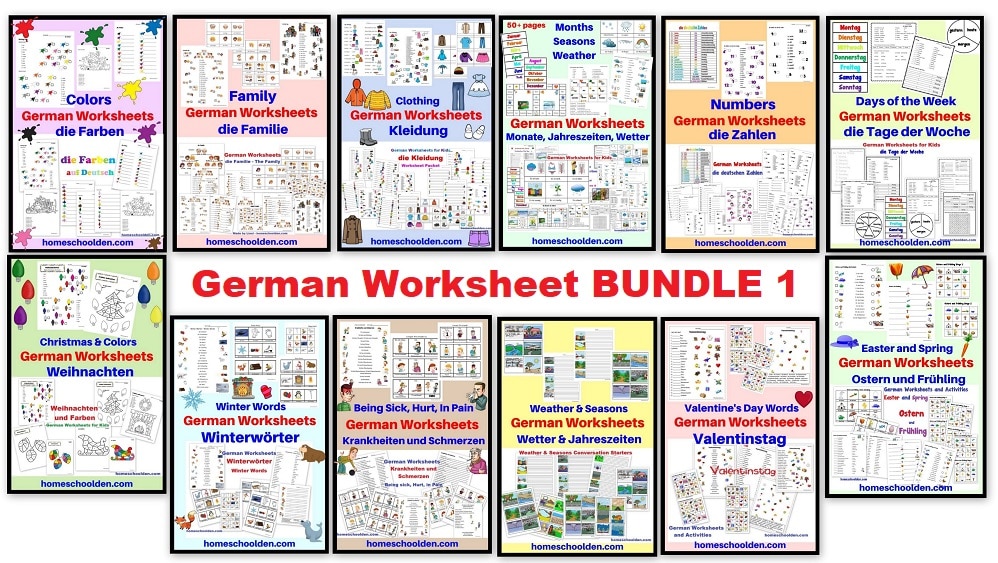
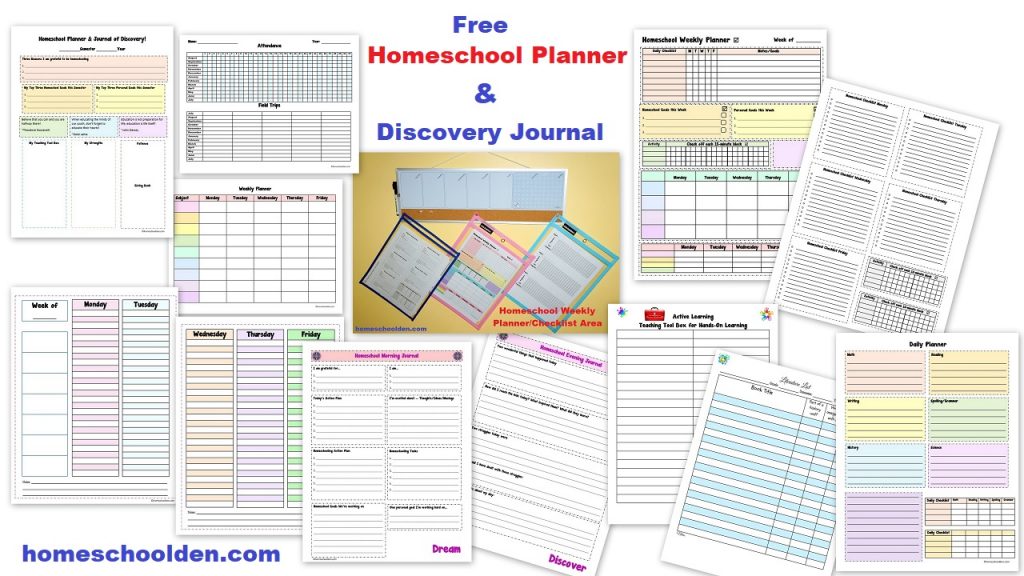
20 Responses
[…] Practical Pointers for Working with a Reluctant Writer (or any writer!) – The writing workshop model has been working well for us — especially for my reluctant writer. I wanted to share some things we’ve learned about making writing time a success (actually for all of us, not just for my reluctant writer!) […]
[…] Practical Pointers for Working with a Reluctant Writer (or any writer!) – The writing workshop model has been working well for us — especially for my reluctant writer. I wanted to share some things we’ve learned about making writing time a success (actually for all of us, not just for my reluctant writer!) […]
[…] Practical Pointers for Working with a Reluctant Writer (or any Writer) […]
[…] Practical Pointers for Working with a Reluctant Writer (or any Writer) […]
[…] Practical Pointers for Working with a Reluctant Writer (or any Writer) […]
[…] Practical Pointers for Working with a Reluctant Writer (or any Writer) […]
[…] Practical Pointers for Working with a Reluctant Writer (or any Writer) […]
[…] Practical Pointers for Working with a Reluctant Writer (or any Writer) […]
[…] Practical Pointers for Working with a Reluctant Writer (or any writer!) – The writing workshop model has been working well for us — especially for my reluctant writer. I wanted to share some things we’ve learned about making writing time a success (actually for all of us, not just for my reluctant writer!) […]
[…] Practical Pointers for Working with a Reluctant Writer (or any writer!) – The writing workshop model has been working well for us — especially for my reluctant writer. I wanted to share some things we’ve learned about making writing time a success (actually for all of us, not just for my reluctant writer!) […]
[…] Practical Pointers for Working with a Reluctant Writer (or any writer!) – The writing workshop model has been working well for us — especially for my reluctant writer. I wanted to share some things we’ve learned about making writing time a success (actually for all of us, not just for my reluctant writer!) […]
[…] Practical Pointers for Working with a Reluctant Writer (or any writer!) – The writing workshop model has been working well for us — especially for my reluctant writer. I wanted to share some things we’ve learned about making writing time a success (actually for all of us, not just for my reluctant writer!) […]
[…] Practical Pointers for Working with a Reluctant Writer (or any writer!) – The writing workshop model has been working well for us — especially for my reluctant writer. I wanted to share some things we’ve learned about making writing time a success (actually for all of us, not just for my reluctant writer!) […]
[…] Practical Pointers for Working with a Reluctant Writer (or any writer!) – The writing workshop model has been working well for us — especially for my reluctant writer. I wanted to share some things we’ve learned about making writing time a success (actually for all of us, not just for my reluctant writer!) […]
[…] Practical Pointers for Working with a Reluctant Writer (or any writer!) – The writing workshop model has been working well for us — especially for my reluctant writer. I wanted to share some things we’ve learned about making writing time a success (actually for all of us, not just for my reluctant writer!) […]
[…] Practical Pointers for Working with a Reluctant Writer (or any writer!) – The writing workshop model has been working well for us — especially for my reluctant writer. I wanted to share some things we’ve learned about making writing time a success (actually for all of us, not just for my reluctant writer!) […]
[…] Practical Pointers for Working with a Reluctant Writer (or any Writer) […]
[…] Practical Pointers for Working with a Reluctant Writer (or any Writer) […]
[…] Practical Pointers for Working with a Reluctant Writer (or any Writer) […]
[…] Practical Pointers for Working with a Reluctant Writer (or any Writer) […]